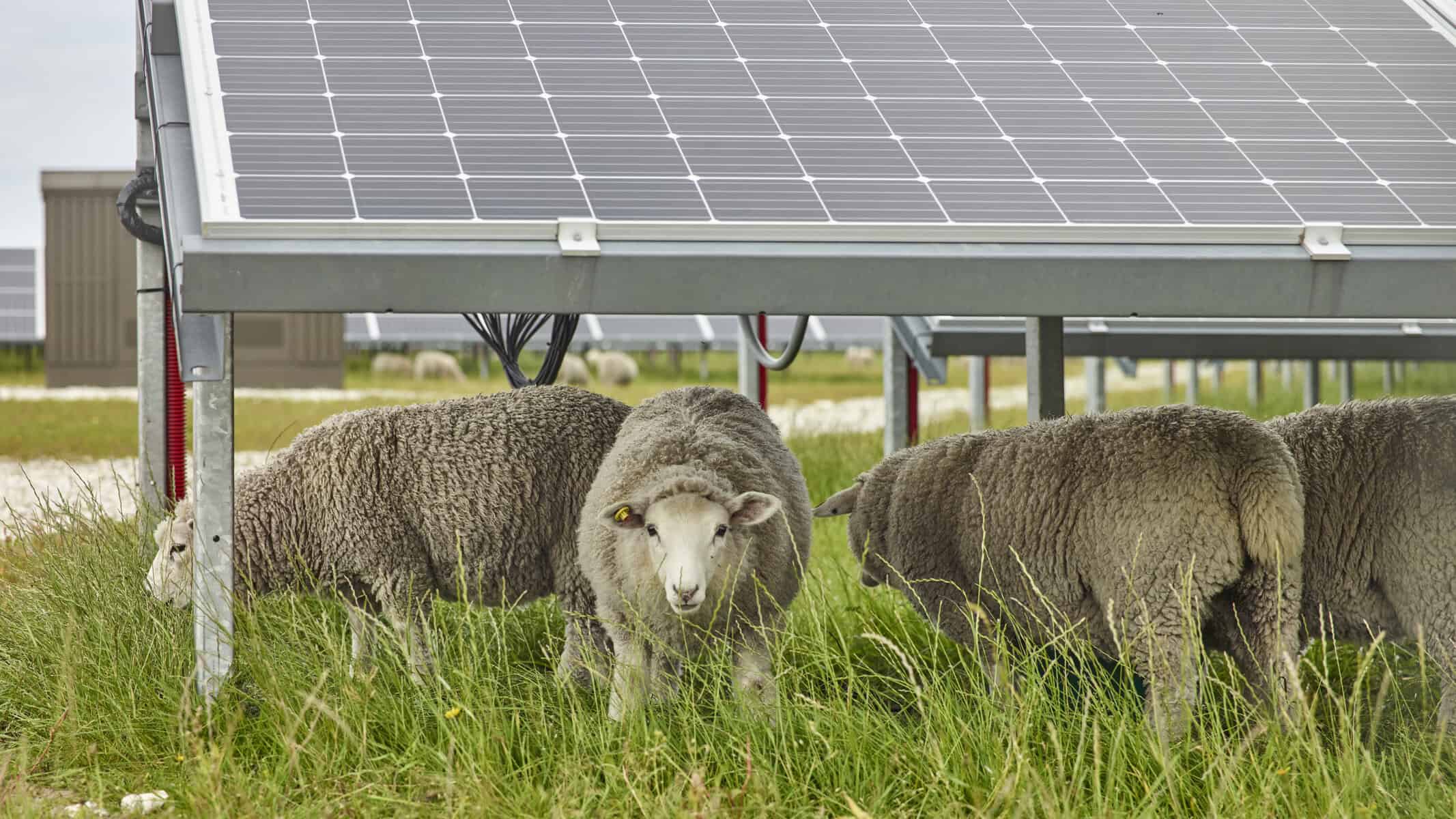Introduction
As the UK accelerates its transition to a low-carbon energy system, the question of who owns and benefits from this transformation is gaining prominence on the political agenda. Shared ownership offers a practical and meaningful ways for communities to have a stake in the renewable energy projects that are being developed in their locales. GB Energy’s Local Power Plan has committed to making shared ownership a priority, and with the Great British Energy Bill now passed into law, it is essential for community energy groups to help shape the vision of shared ownership.
Shared ownership refers to arrangements where communities hold a formal ownership stake in renewable energy projects, in agreement with the private developer. There are different models for shared ownership, from joint ventures to community-led investment schemes. They are distinct from community benefit funds which are also important but constitute financial contributions from the developers to local communities, often administered through local committees for shared priorities.
For community energy groups, both mechanisms are key tools for ensuring community engagement in the energy transition. They create opportunities for long-term income, have been shown to lead to decarbonisation behaviours in the local community, and can expedite the development process by securing local support.
CEPathways is currently working on seven shared ownership solar farm projects with two developers: social impact investor Thrive Renewables and Quintas Cleantech. The sites are located across England in Essex, Kent, Bedford, Suffolk, South Cambridgeshire and East Hampshire. In each case the developer is making up to 10% of the solar farm available to the local community to buy into. CEPathways aim is to work with local community groups to manage the community share and to oversee any community benefit funds that arise from the planning process.
A mandate for shared ownership
Over the summer, DESNZ ran a public consultation on a potential shared ownership mandate. We are aligned with partners in the sector Community Energy England, Community Energy Wales and Community Energy Scotland who have stated the need for a shared ownership mandate. Shared ownership has been on the political agenda in England since 2014, and the Infrastructure Act of 2015 (Section 38/39 & Schedule 6) introduced a ‘Community Electricity Right’, for local communities to be offered a right to buy at least 10% of shares into local onshore and offshore renewable energy installations with a capacity of 5MW or more. Despite this, shared ownership is yet to become mainstream for renewable energy projects in England.
Scotland offers another window into the limitations of an encouragement approach with no mandate. The Scottish Good Practice Principles for Shared Ownership were published in 2019, and yet currently only 0.2% of Scotland’s current wind power is owned by communities. In Wales, the government has encouraged developers to offer shared ownership for new solar and wind farms, but only 3 of the 30 new projects since then have signed agreements for shared ownership. These examples all point towards the need for a mandate that offers mechanisms for encouraging communities to take up the offers.
Granting faster grid connection for projects with a shared ownership components can offer a strong incentive for developers if a mandate is not put in place. For example, ownership structures should be considered within planning and grid connection processes to create market-based incentives. Planning and grid connection priority should be granted to projects with higher levels of community ownership, helping community-led initiatives overcome a key barrier to deployment. If a mandate proves unviable, developer incentives can instead be used to help align public benefit with the private sector.
Shared ownership offers communities a stake in the ongoing revenues of a project, creating a more meaningful and sustained source of income. Part of this revenue can be added onto the pre-agreed community benefit fund, with local control so that funds can also support retrofit schemes and energy advice services for decarbonising homes alongside the renewable energy generation.
Support and resources
As well as mandating or incentivising shared ownership and CBFs, the government must put into place mechanisms that enable communities to overcome barriers and take up available opportunities. Otherwise, as shown in the Danish context for example, the schemes on their own without further support may still fail to promote local acceptance of the new developments. CEPathways is well position to support local communities with shared ownership projects via awareness raising and financial, legal, and administrative advice.
Shared ownership is emerging as a vital tool for ensuring that the benefits of the energy transition are shared fairly and locally. With the right mix of mandates, incentives, and support, communities can play a central role in shaping and benefiting from the UK’s clean energy future.
Read further:
